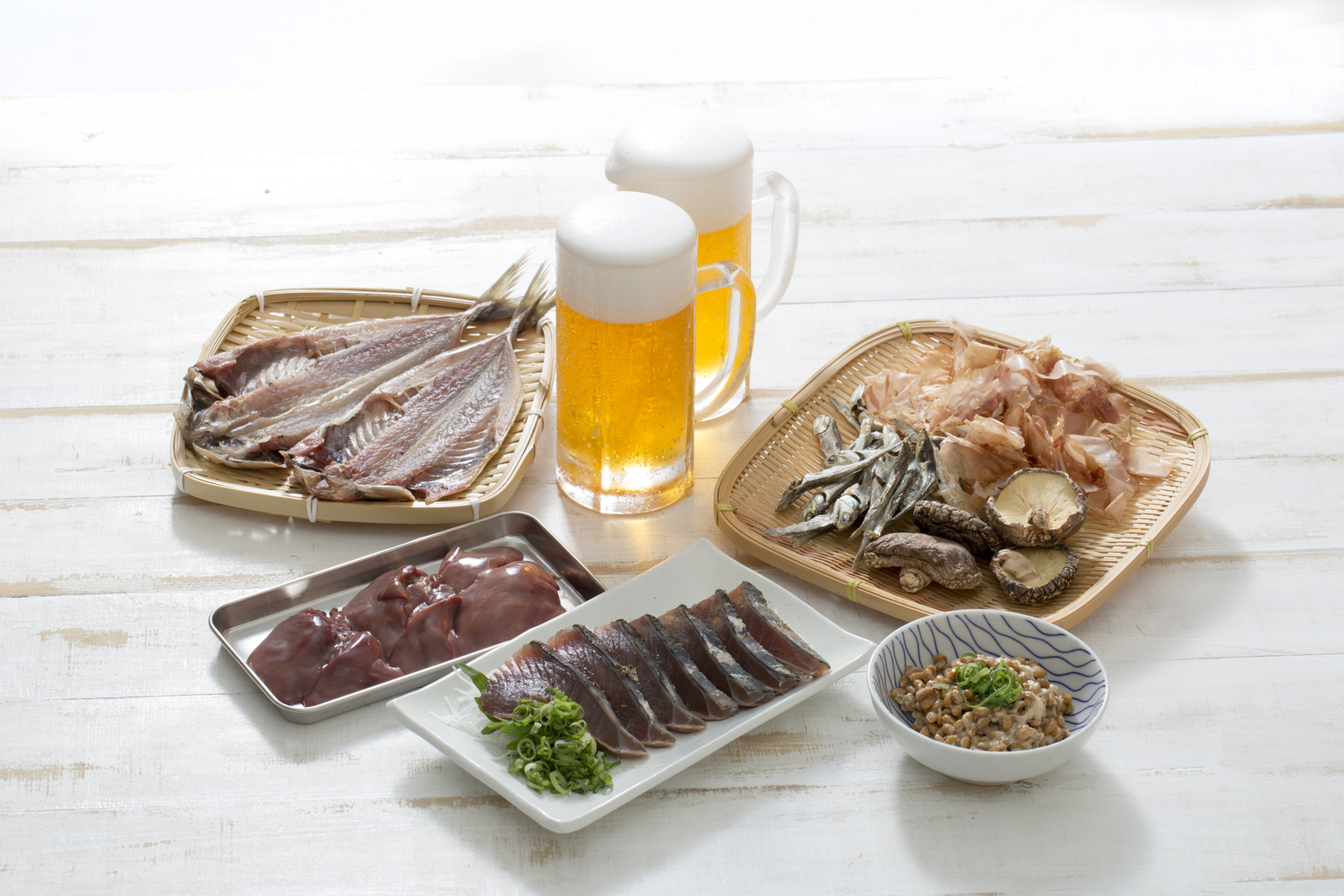
Foods That Trigger Breathing Issues and Treatment Options
Asthma is a condition that causes the airways to become irritated and narrow, producing excess mucus, which makes breathing difficult. Severe chest pain, wheezing, coughing mostly at night, fatigue, feeling weak, anxiety, and faster heart rate are symptoms of asthma. Remember, it’s not a must for a patient to show all these symptoms; they may even differ from one person to another. While several prescription medications and over the counter nasal sprays—like Afrin, Flonase, Claritin, Nasacort, Nucala, Dupixent, and Fasenra—can help. The following are some of the foods that trigger asthma attack, and should be avoided:
1. Eggs
People’s bodies react differently to the foods they consume. When some people take an egg, the body reacts by releasing chemicals to fight proteins present in the egg. The body sees them as foreign invaders. This process of responding is what is known as egg allergy. Some of the symptoms of this allergy are similar to that of asthma. This allergy is most common in children, but as they grow, they outdo it. Egg allergy may trigger asthma attacks to asthma patients during that reaction they should therefore avoid eggs.
2. Cow’s milk
Cow’s milk composition may vary from one breed of a cow to another, but all of them are rich in proteins and fats. The difference comes in the percentages for the content. Asthma patients should be discouraged from taking cow’s milk because it contains mucus which, when taken it increases the levels of mucus in the body. High levels of mucus in the body narrows the lungs’ airways, making it difficult to breath hence asthma attacks.
3. Nuts
Under this category we have tree nuts and peanuts. Allergists say both the tree nuts and peanuts can trigger allergic reactions or allergic asthma, depending on an individual’s body. It is highly advisable to avoid tree nuts if you are allergic to peanuts and vice versa. Nuts can cause life-threatening reactions to allergic asthma patients, and therefore the best way is to avoid them. Remember they have similar symptoms to that of asthma attacks. A research done on children shows the ones with tree nut allergy were more prone to asthma attacks than those who didn’t have.
4. Wheat
When people take wheat products like bread, their bodies behave differently like some will get a rash or develop hives while others will not be affected. Those who develop a rash or hives result from the body reacting to what you have consumed and it’s known as wheat allergy. It’s not common in people but those who have it mostly acquired through genetic inheritance. Note that asthma patients should avoid wheat since it contains globulin amino acids and albumin, which reacts with antibodies in the body and causes asthma attacks.
5. Soy
Soy and soy products like soy milk and soy sauce fall under the class of food allergens because when some people take it, they experience body rash, shortness in breathing, and running nose which are some of the symptoms of soy allergy. Soy allergic reactions can damage the respiratory tract hence affecting normal breathing and this is why asthmatic patients should avoid these foods. Asthma patients should avoid consuming foods that trigger asthma attacks.



